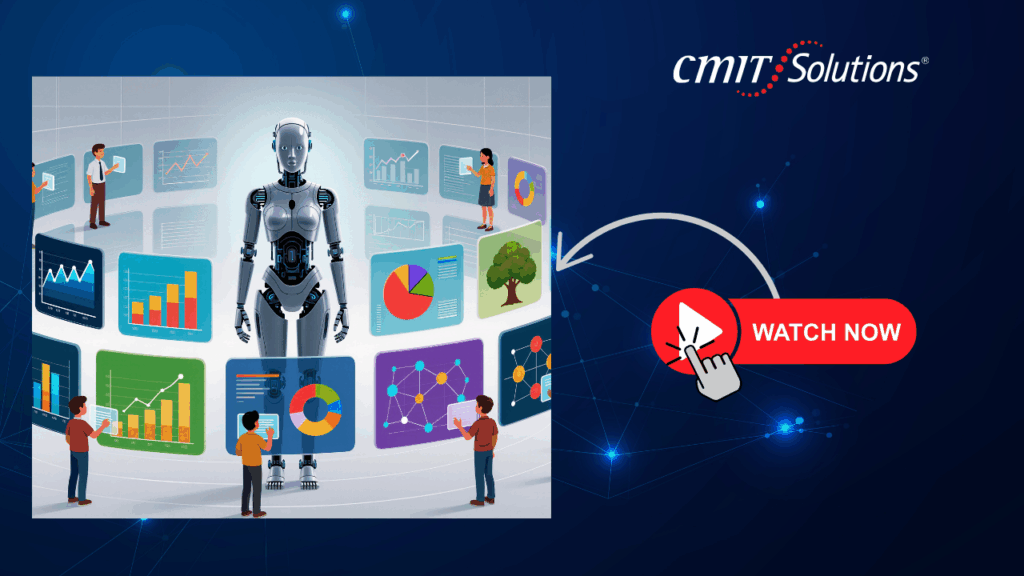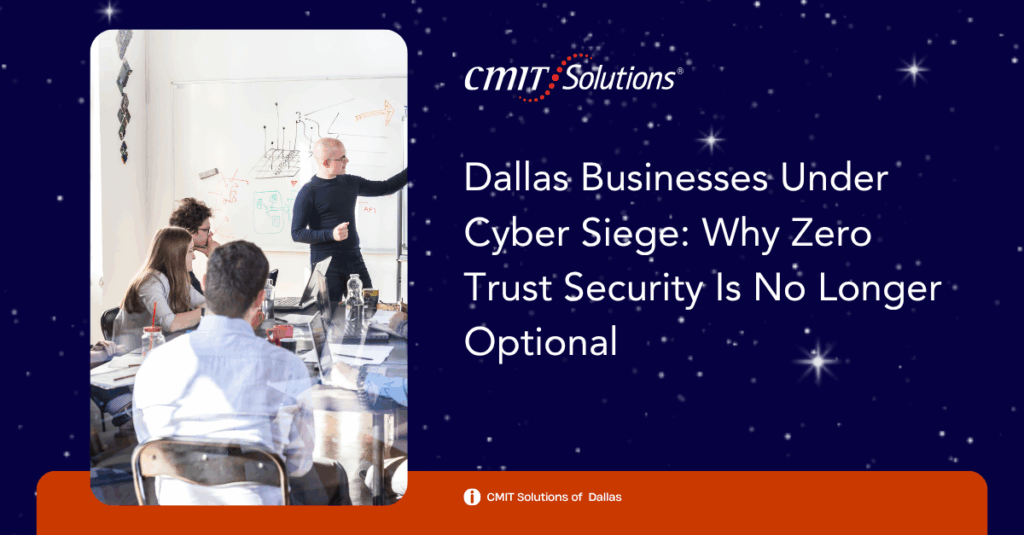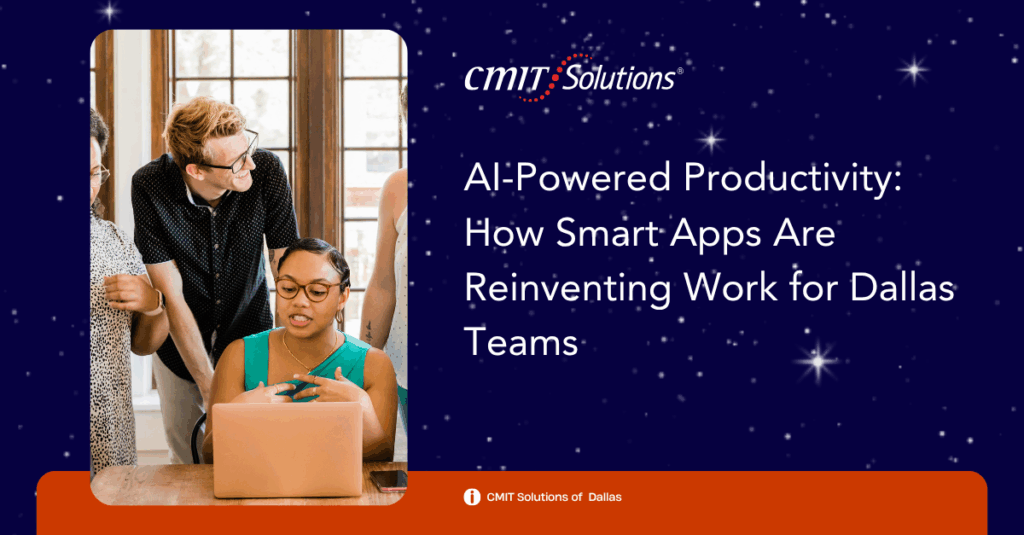Artificial Intelligence (AI) is no longer a futuristic concept it’s a driving force of today’s digital economy. From automated customer support to predictive analytics and generative content creation, AI has transformed how businesses operate.
But as the technology grows more capable, questions about ethics, transparency, and trust are taking center stage. The race to innovate must also be a race to ensure fairness, privacy, and accountability.
For small and medium-sized businesses (SMBs), understanding ethical AI isn’t just about compliance it’s about building trust with customers and driving sustainable innovation.
What Is Ethical AI?
Ethical AI refers to the development and use of artificial intelligence systems that prioritize fairness, transparency, accountability, and respect for human values.
This includes:
- Ensuring AI decisions are unbiased and explainable.
- Protecting user privacy and data integrity.
- Maintaining accountability for how AI outcomes affect people.
Ethical AI aligns with the broader goals of responsible digital transformation, ensuring innovation benefits everyone not just those who build it.
AI adoption in workplaces mirrors the trends highlighted in AI-powered productivity, where intelligent tools enhance efficiency while keeping human oversight in control.
Why Ethical AI Matters for SMBs
SMBs are at a crucial intersection: they depend on AI-driven tools for growth, yet they must navigate ethical and compliance challenges with limited resources.
Why it matters:
- Customer Trust: Consumers expect responsible data use. Ethical missteps can destroy reputation overnight.
- Legal Compliance: Privacy laws and AI regulations are expanding globally.
- Operational Fairness: Unchecked algorithms can lead to biased outcomes in hiring, pricing, or resource allocation.
- Sustainable Growth: Transparency and fairness build loyalty and brand credibility.
Many of these values overlap with Zero Trust security principles, emphasizing that trust must always be earned and verified as explored in Zero Trust security.
How Ethical AI Supports Innovation
AI ethics isn’t a road block, it’s a foundation for better innovation.
Here’s how responsible design empowers businesses:
- Bias-free decision-making: Ensures models produce fair, inclusive outcomes.
- Transparency in automation: Builds trust between businesses and clients.
- Improved compliance readiness: Helps avoid costly data mishandling violations.
- Enhanced collaboration: Teams can use AI confidently, knowing decisions are explainable and auditable.
As companies modernize, ethical frameworks blend naturally with cloud-smart solutions, helping teams balance innovation and control much like those discussed in hybrid cloud planning.
Key Ethical Challenges Facing AI in 2025
The promise of AI comes with complex challenges that every SMB must understand.
A. Data Privacy
AI relies on vast datasets but without strong data governance, sensitive information can leak or be misused. Privacy-focused frameworks ensure compliance with evolving laws like GDPR or U.S. state-level AI acts.
Learn how automation supports data protection in IT governance automation.
B. Algorithmic Bias
AI systems can reflect or even amplify human biases. Biased hiring tools, unfair pricing models, or discriminatory recommendations can all result from unmonitored data training.
C. Transparency and Accountability
Users deserve to understand how AI makes decisions. Ethical AI demands visibility into algorithms, clear ownership, and accountability for outcomes.
D. Cybersecurity Risks
AI systems themselves can become targets manipulated by bad actors to generate false data or breaches. Strengthening defenses through multi-layered cybersecurity is critical, as emphasized in cybersecurity strategies.
Building a Framework for Ethical AI Governance
Ethical AI requires structure policies, reviews, and oversight.
A. Establish Clear Principles
Define your organization’s values:
- Fairness
- Transparency
- Data stewardship
- Accountability
B. Create AI Oversight Teams
Cross-functional ethics committees ensure decisions are reviewed regularly and bias is tested.
C. Use Compliance Automation
Modern compliance tools monitor AI operations for anomalies, access violations, and privacy risks.
You can simplify this process through governance tools similar to those in compliance automation.
Why SMBs Need Managed IT Services for Ethical AI
Managing ethical AI requires continuous monitoring, patching, and protection something most SMBs can’t handle alone.
A Managed Service Provider (MSP) offers:
- Proactive monitoring and updates for AI platforms.
- Secure data infrastructure aligned with ethical policies.
- Risk assessments and vulnerability testing.
- Employee training on data handling and AI tools.
Partnering with MSPs ensures balance between innovation and control, much like the benefits outlined in managed IT support.
The Role of Cloud and Data Management in AI Ethics
AI thrives on cloud infrastructure but ethical use demands data accuracy, transparency, and proper governance.
- Cloud transparency: Know where your AI data is stored and processed.
- Data sovereignty: Keep sensitive data within compliant regions.
- Access management: Use role-based permissions to limit exposure.
A properly designed cloud-smart strategy ensures your AI systems stay compliant while performing efficiently, as explained in cloud integration.
Strengthening AI Trust Through Security and Backup Systems
Ethical AI cannot exist without strong cybersecurity and data protection.
A. Ransomware Resilience
AI-driven operations are prime ransomware targets. Protecting data integrity through automated backups is essential.
Read how local firms are staying protected in ransomware backup.
B. Disaster Recovery
AI systems depend on data continuity. Implement multi-layered disaster recovery to maintain availability during incidents.
C. Network Monitoring
Combine ethical AI principles with intelligent network management to detect anomalies early a best practice seen in network management.
AI Transparency in Collaboration Tools
Ethical AI must extend to communication and collaboration platforms.
Tools like Microsoft Teams, integrated with UCaaS systems, rely on responsible data sharing and transparent automation. SMBs must ensure that AI assistants used in meetings, summaries, or communications maintain compliance and respect user privacy.
For a deeper look at how collaboration tools can support trust-based innovation, explore UCaaS collaboration.
Digital Strategy for Ethical Innovation
Implementing ethical AI isn’t a one-time project, it’s part of a broader digital transformation roadmap.
A strong digital strategy helps SMBs:
- Align technology goals with ethical policies.
- Modernize legacy systems to support AI responsibly.
- Leverage data analytics without compromising integrity.
See how guided planning supports growth and compliance in digital strategy.
The Cost of Ignoring AI Ethics
Ignoring AI ethics isn’t just a reputational risk, it’s a financial and operational one.
Consequences include:
- Regulatory penalties under new AI laws.
- Data misuse lawsuits or compliance breaches.
- Erosion of customer confidence from biased or opaque algorithms.
- Operational instability due to unmonitored automation.
Just as companies learned from Windows upgrade deadlines, staying proactive prevents disruptions — similar to insights from Windows lifecycle management.
Conclusion: Building a Trustworthy AI Future
As we move further into 2025, ethical AI will define which organizations lead and which fall behind.
By embedding principles of fairness, transparency, and accountability into AI systems, businesses not only protect users but also unlock innovation responsibly.
Here’s how to start today:
- Adopt Zero Trust frameworks for AI governance.
- Partner with MSPs for ethical data management.
- Modernize through cloud-smart strategies.
- Protect systems with ransomware-proof backups.
- Integrate AI with responsible digital transformation goals.
With guidance from CMIT Solutions of Dallas, your business can embrace AI innovation without sacrificing integrity ensuring technology works for people, not against them.








